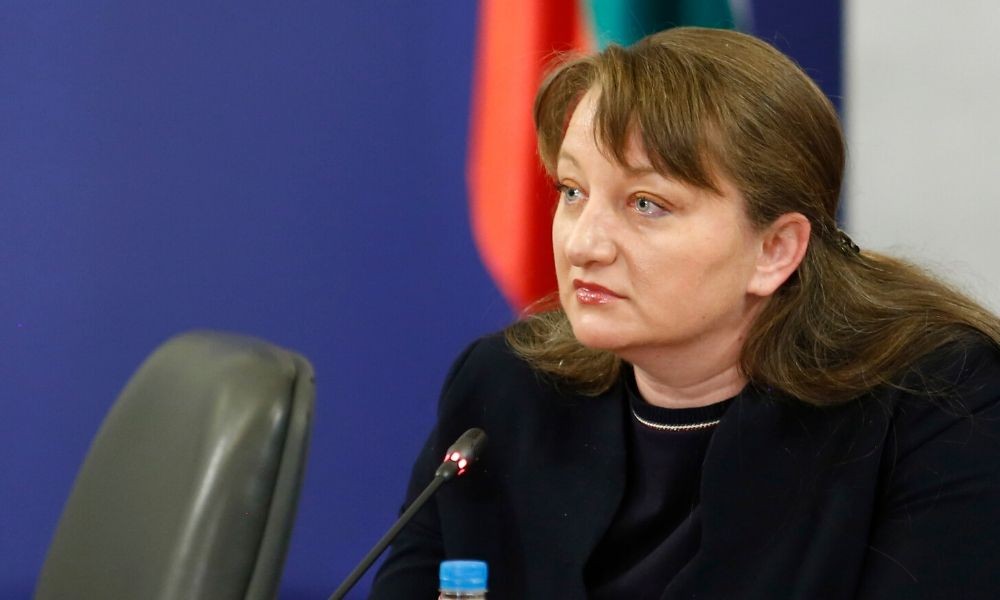At this time of dire virus crisis, sociological surveys studying the opinion of people in the country of what is going on with and around them have been mushrooming, with a focus on questions concerning health problems and the measures taken by the authorities to contain and mitigate the effects of Covid-19.
People worry about their health as much as they worry about their jobs, incomes and the ability to lead a normal life. Despite the problems and inconveniences of the state of emergency more than three-quarters of respondents say they approve of the anti-crisis measures taken by the government, a Gallup International surveys indicates.
The overwhelming majority of Bulgarians are of the opinion that the economy is entering a period of difficulties and that phenomena such as unemployment, plummeting incomes, difficulties obtaining essential goods and services, medicine shortages etc., are to be expected. Tensions climbed even higher when the World Bank announced it expected the Bulgarian economy to shrink by 3.7% this year. A survey by Trend shows there is a heightened level of anxiety over the social and economic consequences of the Covid-19 epidemic, with the risk of unemployment coming top of the list.

This was confirmed by Minister of Labour and Social Policy Denitsa Sacheva who said that 72,000 new unemployed had been registered in the time from the start of the crisis until the end of last week, with around 4,000 registering as unemployed at employment agencies every day. Google estimated that commuter travel has gone down by 29%. According to the survey conducted by Trend, only 25% of respondents do not expect the crisis to affect their jobs. The same survey indicates that 43% say they expect their incomes to drop because of the pandemic. The inferences in the Gallup International survey are very similar – one-third of Bulgarians expect their incomes to go down after the introduction of the emergency measures. Almost one-quarter expect this to happen very soon.
These tendencies are confirmed by Afis sociological agency, according to which
31% of Bulgarians in the current crisis have catastrophic expectations, anticipating the loss of a significant percentage of their incomes. 37% expect to grow poorer to a lesser extent, and only 32% say they do not expect any change in their incomes. Sociological surveys have also been conducted by employer and trade union organizations, even Sofia University’s faculty of philosophy.
A survey by the Bulgarian Industrial Association shows that a mere 8% of employers are inclined to avail themselves of the "60/40" measure which is the principal tool in the government’s plan to combat unemployment according to which the state pays 60% of the salaries and social security contributions of the employees who have been laid off by companies affected by the crisis. With a total of 300,000 companies in the country, by the end of last week, only 2,016 enterprises with a total of 30,000 employees had displayed any interest in this plan.
A survey conducted by the Confederation of independent Trade Unions confirms the emerging tendency – 78% of the companies affected are putting their staff on paid leave, аnd 24% - on unpaid leave. 13% are laying off their staff. The sum total is more than 100% because in the process of conducting the survey some of the questions received more than one answer. The trade unions say that there will be 300,000 people in the country out of a job by the end of the year, out of the total of 2,320,000 people who are employed in Bulgaria. The philosophers from Sofia University on the other hand have established that financial and economic disaster on a world scale is the most widespread expectation – this view is shared by 73.2% of respondents.

That the situation in the economy in the entire world is far from rosy was confirmed also by the Managing Director of the International Monetary Fund Kristalina Georgieva, who is Bulgarian, who says that the global coronavirus pandemic is causing an unprecedented economic crisis that will require a massive response to ensure recovery. She warned that “global growth will turn sharply negative in 2020”, with 170 of the International Monetary Fund's 180 members experiencing a decline in per capita income.
Photos: BTA and BGNES
In mid-September, the traditionally great Christian feast of the Holy Cross (September 14) marks the beginning of one of the most anticipated agricultural processes – the grape harvest campaign. 2025 is no exception, but due to a number of factors, the..
Bulgaria's Ministry of Finance placed 7-year government securities on the domestic market for 300 million leva. (144 million euros) and an interest rate of 3.25%. The submitted purchase orders amounted to 446 million leva with a coverage ratio of 1.49...
In August 2025, Bulgaria’s annual inflation rate stood at 5.3%, same as in July, according to data from the National Statistical Institute. Monthly inflation in August dropped to 0.1%, compared to 1.7% in July. Inflation measured from..
With the introduction of the euro on January 1, Bulgaria will benefit from the stability, liquidity and all the advantages of the common currency,..

+359 2 9336 661
